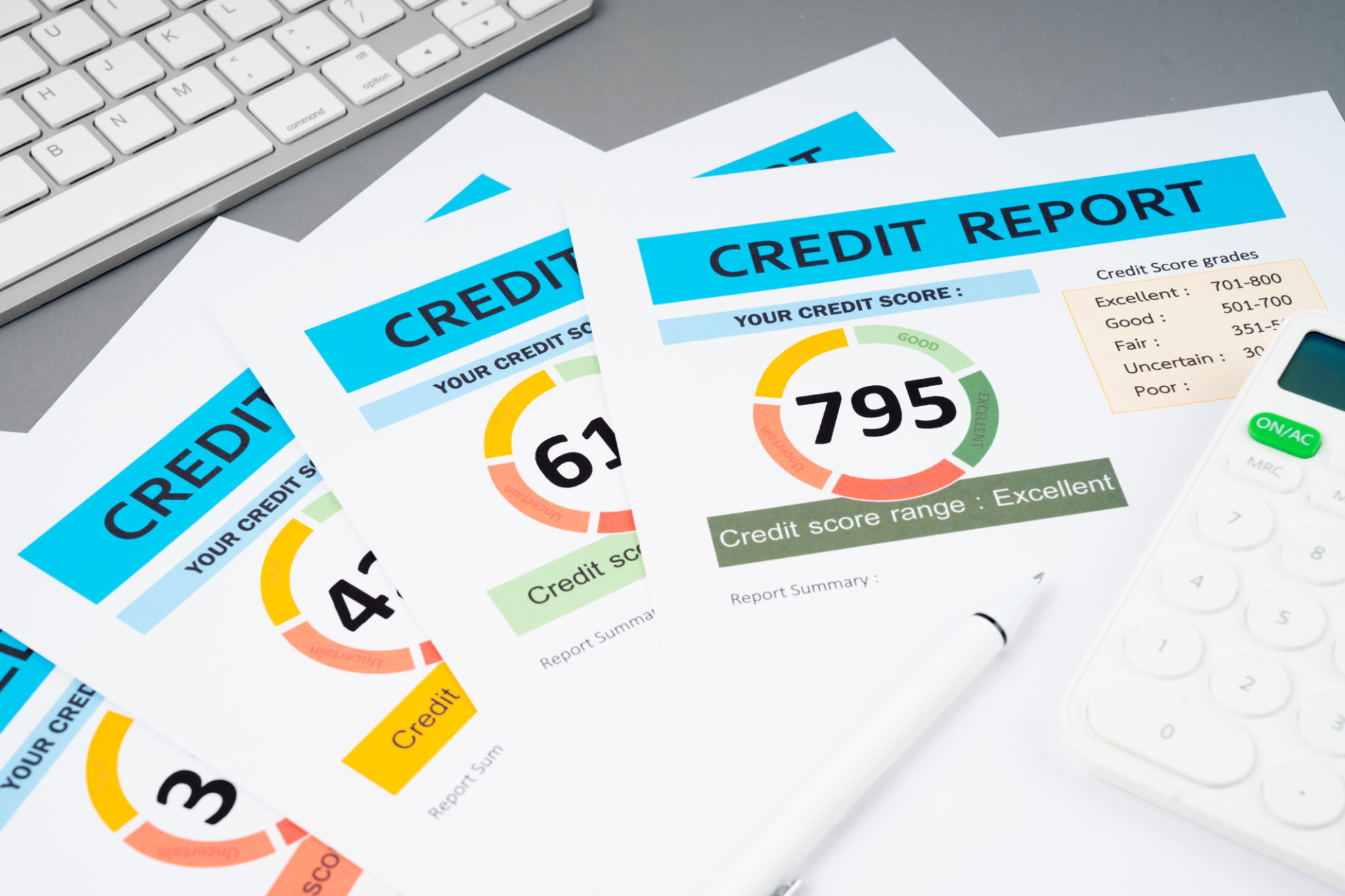Debunking Common Credit Repair Myths
Understanding Credit Repair
Credit repair is a topic that often sparks curiosity and confusion. Many people are unsure about what it entails and are misled by widespread myths. It's important to separate fact from fiction when it comes to managing your credit effectively. This blog aims to debunk some of the most common myths surrounding credit repair.

Myth 1: Credit Repair Is Illegal
One of the most pervasive myths is that credit repair is illegal. In reality, credit repair is entirely legal and is protected by the Fair Credit Reporting Act (FCRA). This law allows consumers to dispute inaccurate information on their credit reports. Legitimate credit repair companies operate within the boundaries of the law to help clients improve their credit scores by correcting errors.
Understanding Your Rights
The FCRA gives consumers the right to access their credit reports and dispute any inaccuracies. If there are errors, you can contact the credit bureaus directly to have them corrected. This process is not only legal but encouraged, as it ensures your credit report accurately reflects your financial history.
Myth 2: Closing Old Accounts Will Improve Your Score
Another common misconception is that closing old credit accounts will benefit your credit score. This strategy can actually have the opposite effect. Your credit history length, which accounts for 15% of your credit score, may be negatively impacted by closing old accounts.

The Impact of Account Closure
When you close an account, you reduce your overall available credit, which can increase your credit utilization ratio—a factor that makes up 30% of your score. It’s often better to keep old accounts open, even if you don’t use them regularly, to maintain a longer credit history and a lower utilization rate.
Myth 3: You Only Have One Credit Score
Many believe they have just one credit score, but in reality, there are multiple scores based on different scoring models. The most common models are FICO and VantageScore, each with its own criteria and weighting systems. Lenders may use different scores depending on what type of credit you are applying for.

Understanding Different Scores
Your FICO score may differ from your VantageScore because they use different algorithms. It’s essential to be aware of the scores used by lenders in your financial decisions. Regularly checking your credit reports from all three major bureaus—Experian, Equifax, and TransUnion—can help you understand your standing across various scoring models.
Myth 4: Credit Repair Can Instantly Boost Your Score
Some people expect immediate results from credit repair services, but improving your credit score takes time and effort. Reliable credit repair involves identifying inaccuracies on your report and legally disputing them, which can take several weeks or even months.
Patience is Key
While correcting errors can lead to a better score, it's not an overnight fix. Building positive financial habits such as paying bills on time and reducing debt can gradually enhance your score over time. Consistency and patience are vital components of effective credit repair.
Conclusion: Educating Yourself
Understanding and managing your credit doesn't have to be daunting when you know the facts. By debunking these common myths, you can approach credit repair with a clearer perspective and make informed decisions to improve your financial health.

